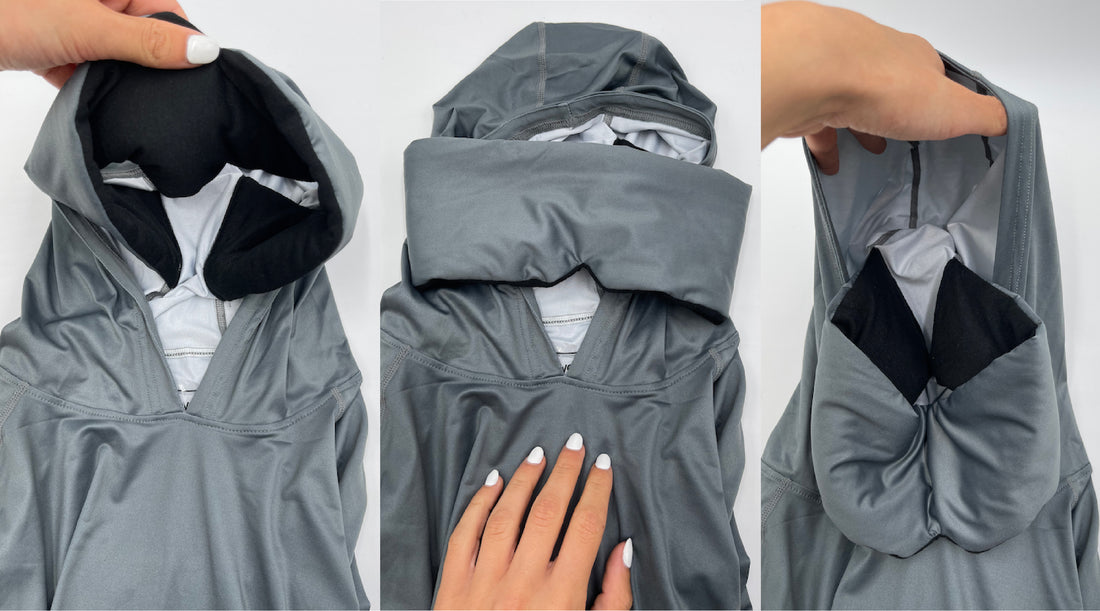
Shedding a Little Light on the Benefits of Sleep Masks
Share
Sleep masks are a popular aid for improving the quality of sleep, especially in situations where it's difficult to control the lighting conditions in your sleep environment. The science behind how sleep masks can help with sleep is based on several key principles:
-
Light Suppression: Sleep masks primarily work by blocking out light. Exposure to light, especially blue and white light, can interfere with your body's production of melatonin, a hormone that regulates your sleep-wake cycle. When you're exposed to light during your sleep, it can signal your brain to wake up and reduce the production of melatonin, making it more difficult to fall and stay asleep.
-
Circadian Rhythm Regulation: Our bodies have a natural circadian rhythm, which is a 24-hour internal clock that regulates various biological processes, including sleep. Light is one of the most potent external cues for regulating the circadian rhythm. By blocking out light, sleep masks can help maintain the darkness needed for your body to continue producing melatonin, thereby helping to regulate your sleep-wake cycle.
-
Improved Sleep Duration and Quality: By preventing light from entering your eyes, sleep masks can help you fall asleep faster and stay asleep longer. They are especially useful in situations where you can't control external light sources, such as streetlights, early morning sunlight, or the illumination from electronic devices. This can lead to an improvement in the overall duration and quality of your sleep.
-
Shift Work and Travel: Sleep masks are particularly beneficial for people who work night shifts or those who frequently travel and need to sleep during the day. These situations can disrupt the natural light-dark cycle, and using a sleep mask can help the body adjust to a different sleep schedule.
-
Migraines and Light Sensitivity: Sleep masks can also be useful for individuals who suffer from migraines or have heightened light sensitivity. Blocking out light can help reduce the potential triggers for headaches and create a more comfortable environment for sleep.
It's important to choose a sleep mask that fits comfortably and effectively blocks out light. Look for masks made from soft, breathable materials that contour to your face and have a snug fit. Additionally, it's essential to maintain a consistent sleep schedule, maintain a dark and cool sleep environment, and practice good sleep hygiene for the best results in improving your sleep. Sleep masks can be a valuable tool in achieving better sleep, but they should be used in conjunction with other sleep-promoting practices.
